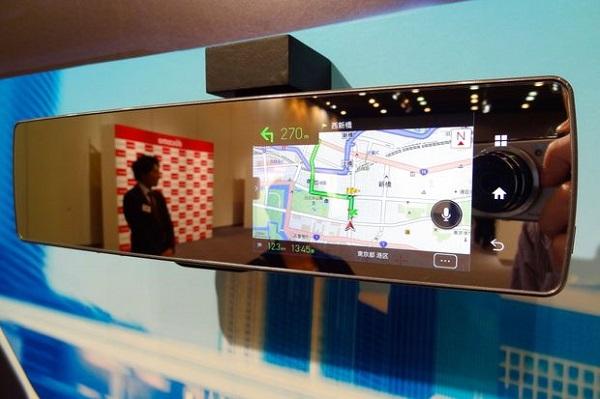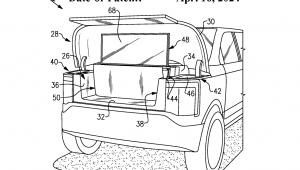Adapt or Die

The CD cash cow is dead. Aftermarket car audio? At best, a tough sell. Those billions you spent on plasma TV factories? Gone. Everyone wants smartphones, and you aren't Apple or Samsung. What are you going to do? Your board of directors submits two options. Option A: Sell the name, and everything else, to Chinese investors and get out while there's still time. You reject that. Not under your watch. The punk kid who's being groomed to take away your job can do it, but not you. Plan B: rethink, retool, reinvent. The three Rs. That's what good companies do. They adapt, they morph, they survive.
Pioneer makes some of the best car audio on the planet. Walk into any car-stereo shop and that name commands respect. But the golden days of car stereo are gone. Car makers, tired or seeing customers take their new cars to have $1,000 aftermarket car stereos installed, wised up. They start offering premium systems of their own, and keeping the premium profits too. Couple that with an exponential growth in the complexity of car electronics, not to mention tightly-integrated factory radios that defy traditional drop-in DIN replacing. Sure, you can still install a kick-ass aftermarket system, but on many cars it takes real commitment. And for those Saturday afternoon driveway DIYers tinkering around with wires—after you accidentally trigger your airbags, and see the replacement cost, you'll think twice before pulling apart your dashboard.
In short, companies like Pioneer cannot rely on traditional car stereo to deliver traditional big profits. What to do? Rethink, retool, reinvent. Case in point, consider Pioneer's "rearview mirror telematics unit." It's probably the coolest rearview mirror you'll ever see, in addition to checking your stubble, you can see cloud-based navigation, traffic conditions, and weather updates, with LTE connectivity and a 5-inch LCD. This display can also show you video from your backup camera and because it's a touchscreen, it also serves as a controller; or, you can control everything with voice commands. The mirror functions as a Wi-Fi hotspot for mobile devices in the vehicle, and even has a forward-facing camera that serves as a drive recorder and can warn you of unsafe driving conditions ahead of you. And when you're not using all the cool tech inside the mirror, the mirror is just a mirror.
But the point here isn't the mirror. More important, it's an example of a traditional audio company responding to the changing market, and moving in new directions that would have been unthinkable a few years ago. In fact, Pioneer is getting out of home electronics entirely. It recently announced that it was selling its home electronics subsidiary (home audio, headphones, Blu-ray player, etc.) to Onkyo. Another example of how the company is reshaping itself.
Another case in point, and one with an extra twist: Panasonic has long been a consumer electronics powerhouse. But the plasma glory days are over, and its traditional markets everywhere are threatened. As part of its earlier diversification, Panasonic went into digital cameras. Its Lumix line of cameras is highly regarded. But smartphones have walloped the point-and-shoot market. Why carry around a camera, when your phone takes perfectly good pictures? So, in addition to rethinking its audio and video business, Panasonic needed to rethink its camera business too.
Enter the Lumix CM1 camera. It has a Leica DC Elmarit lens and 1-inch, 20-megapixel image sensor. It has 16GB of internal storage and a microSD expansion slot to increase the storage by 128GB. Terrific. But it is also Android-based, and has smartphone-like communications capabilities with LTE and Wi-Fi and a pre-installed Google Drive app. Inside is a Qualcomm 2.3GHz quad-core Snapdragon processor with 2GB of RAM. Take a selfie, then immediately upload it to Facebook. Or, just use your camera to make a phone call.
Your smartphone is also a camera. The Lumix is a camera that's also a smartphone. See what they did there? Pure genius? Differentiation without a difference? Desperate ploy? The next big thing? Who knows. But if you are a digital camera company staring into the realities of smartphones, and you can't beat 'em, you try to join 'em.
Founding a company is hard. Making it successful is even harder. Fighting off the competition from equally successful companies is really tough. Growing it to global size is unbelievably tough. Reinventing it is the most difficult thing of them all. But that's what good companies do.

























































